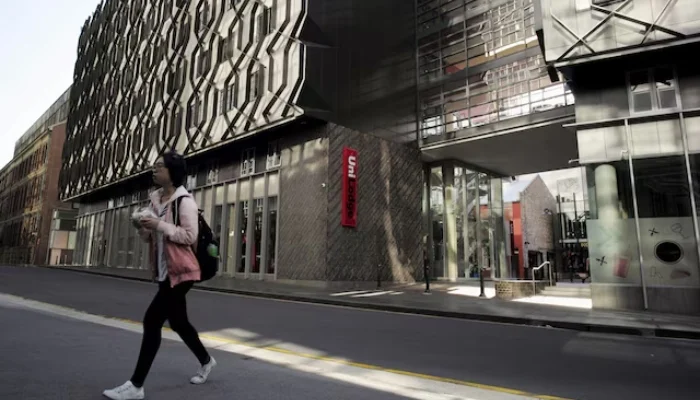Australia’s ruling Labor Party has announced on Monday its intention to raise visa fees for international students to A$2,000 ($1,279) if re-elected, in a move aimed at managing the lucrative education sector which has significantly contributed to immigration.
The proposed increase in visa fees, up from the current A$1,600, is expected to generate A$760 million over the next four years, as outlined in a statement by Australia’s Treasurer Jim Chalmers and Finance Minister Katy Gallagher regarding Labor’s policy costings for the upcoming federal election.
“We believe this is a sensible measure that appropriately values the opportunity to study in Australia,” Gallagher stated during a press conference.
The government previously more than doubled the fee for international student visas in July of last year, raising it from A$710 to A$1,600.
Australia’s conservative opposition has already committed to increasing the visa fee to a minimum of A$2,500, and A$5,000 for applicants to the country’s prestigious Group of Eight universities.
International students are a major source of revenue for Australian universities, but they have also contributed to a rise in net migration, which has subsequently driven up housing costs.
Government statistics indicate that nearly 200,000 international students arrived in Australia in February 2025, representing a 12.1% increase from the previous year and a 7.3% increase from pre-COVID levels in February 2019.
Labor has pledged to cap international student commencements at 270,000 in 2025, while the opposition favors a lower cap of 240,000.
In 2024, Australia enrolled over one million international students, with 572,000 students commencing their studies.
Visa fees for students in Australia are already significantly higher compared to similar countries such as the US and Canada, where they cost approximately $185 and C$150 ($108) respectively.
The government also tightened English language requirements for student and graduate visas last year, and introduced measures to suspend education providers from recruiting international students if they repeatedly violate regulations.



